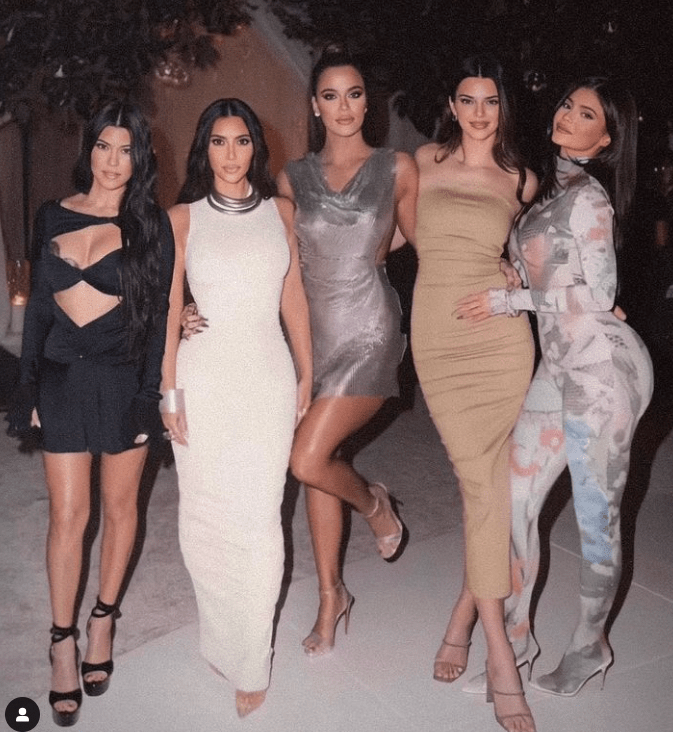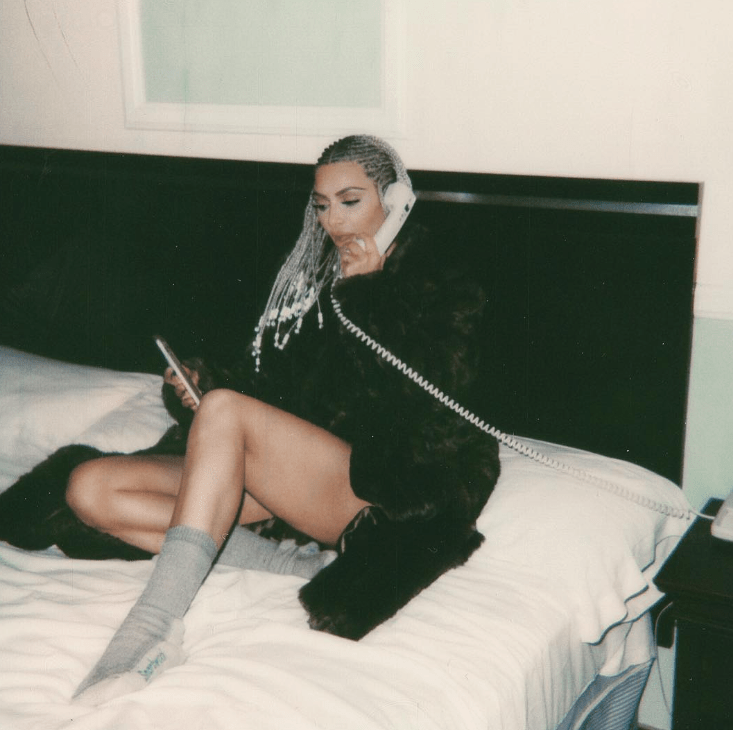In the realm of celebrity culture, few names have achieved the ubiquity and influence of the Kardashian-Jenner clan. For over a decade, this family has dominated headlines, social media feeds, and television screens, shaping trends, setting standards, and redefining the concept of fame. But as we step into a new era, marked by shifting cultural landscapes and evolving audience tastes, one can’t help but wonder: Are the Kardashians losing their influence?

The Rise of the Kardashian Empire
To comprehend the phenomenon of the Kardashians, one must first trace their meteoric rise to stardom. It all began in 2007 with the premiere of “Keeping Up with the Kardashians,” a reality TV show that invited viewers into the glamorous yet relatable world of the Kardashian-Jenner family. Led by matriarch Kris Jenner, the series offered an intimate peek into their lives, complete with drama, romance, and unfiltered moments.
What set the Kardashians apart was their uncanny ability to leverage their personal lives into a lucrative business empire. From fashion lines to beauty brands, endorsements to app deals, the family capitalised on their fame, transforming themselves into bona fide moguls. Kim Kardashian’s savvy use of social media, in particular, catapulted her to global superstardom, with millions of followers hanging on her every post.
The Power of Influence
At the heart of the Kardashian phenomenon lies their profound impact on popular culture. Far from merely following trends, they have consistently set the pace. Despite facing criticism for appropriating Black culture and trends, the family’s influence endures, resonating deeply with their vast fanbase. Whether advocating for body positivity, championing diverse beauty standards, or spearheading the craze for contouring makeup techniques, the Kardashians have operated as cultural trailblazers, molding societal ideals and consumer habits alike.

Their impact extended far beyond fashion and beauty. The family’s openness about personal struggles, from relationships to body image issues, resonated with audiences worldwide, sparking important conversations about mental health and self-acceptance. In an age of curated perfection, the Kardashians offered a refreshing dose of authenticity, endearing themselves to fans who saw their own struggles reflected in the family’s journey.
A Shift in the Zeitgeist
However, as we venture further into the 2020s, signs of a Kardashian decline have begun to emerge. The once-inescapable family finds itself facing new challenges in an ever-changing media landscape. For starters, there’s the phenomenon of “Kardashian fatigue,” whereby audiences grow weary of the family’s omnipresence, craving fresher faces and narratives.
Ratings for their once popular show have reportedly also seen a sharp decline in recent years.
“In 2010, the fly on the wall-style reality show amassed over 3.4 million viewers per episode because of the show’s constant drama and entertainment value. However, by 2020’s season 20, viewing figures had dropped by 82%, with under 700k tuning in,” Evoluted noted last year.
Moreover, the rise of social justice movements and calls for greater inclusivity have prompted scrutiny of the Kardashians’ impact on societal ideals. Critics argue that the family’s brand of hyper-sexualised, consumer-driven feminism perpetuates harmful stereotypes and reinforces unattainable beauty standards, particularly for women of colour. In an era of heightened social consciousness, the Kardashian ethos may seem increasingly out of touch with the zeitgeist.

The Next Generation
Another factor contributing to the waning influence of the Kardashians is the emergence of a new generation of influencers and celebrities. Platforms like TikTok and Instagram have democratised fame, giving rise to a diverse array of voices and talents. Gen Z, in particular, gravitates towards authenticity and relatability, qualities that may be perceived as lacking in the Kardashian brand.
Furthermore, the family’s own internal dynamics have undergone significant shifts. With each member pursuing individual ventures and facing personal challenges, the unified front that once defined the Kardashian empire appears to be fracturing. As the next generation comes of age, the question looms: Can the Kardashians maintain their grip on the cultural zeitgeist, or are they destined to fade into obscurity?
Adapting to Change
Yet, despite these challenges, it would be premature to declare the end of the Kardashian era. If anything, the family has shown a remarkable ability to adapt and reinvent themselves in the face of adversity. Whether it’s launching successful business ventures, leveraging social media trends, or using their platform to advocate for social causes, the Kardashians remain formidable forces in the entertainment industry.
Moreover, their influence extends beyond mere fame and fortune. The Kardashians have demonstrated a knack for resilience, turning setbacks into opportunities for growth and self-reflection. In an age of rapid change and uncertainty, their ability to weather storms and emerge stronger than ever serves as a testament to their enduring relevance.
The Future of Kardashian Influence
As we ponder the question of whether the Kardashians are losing their influence, one thing becomes clear: theirs is a legacy that transcends mere celebrity. Love them or loathe them, the Kardashians have left an indelible mark on popular culture, reshaping the way we perceive fame, success, and self-image.

